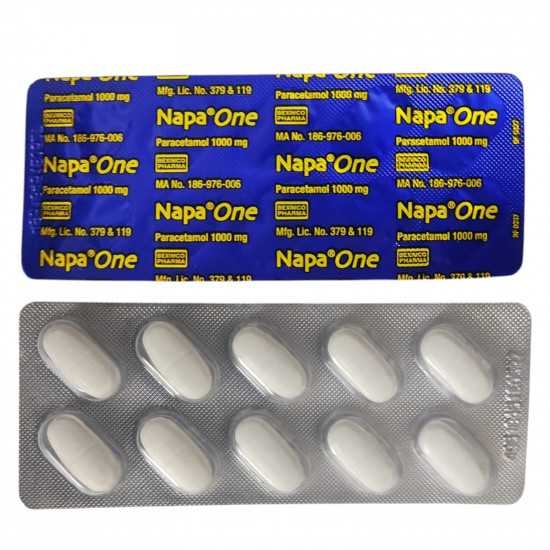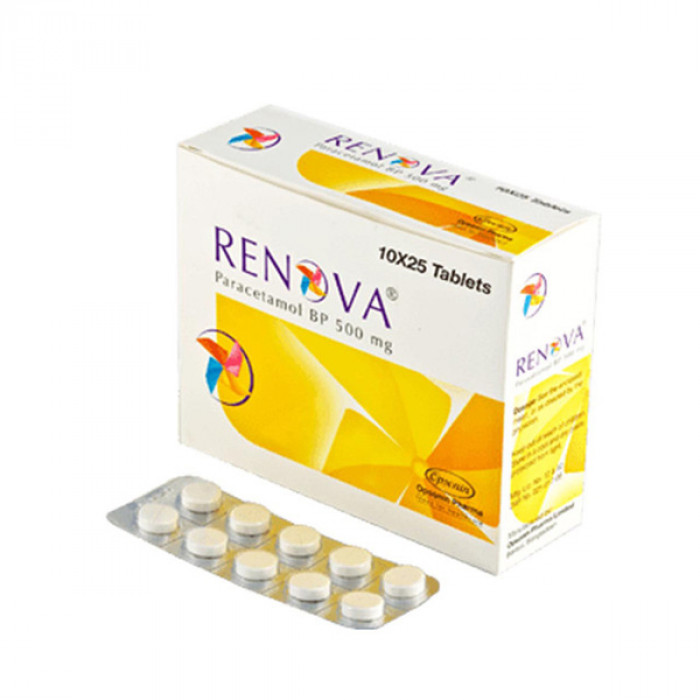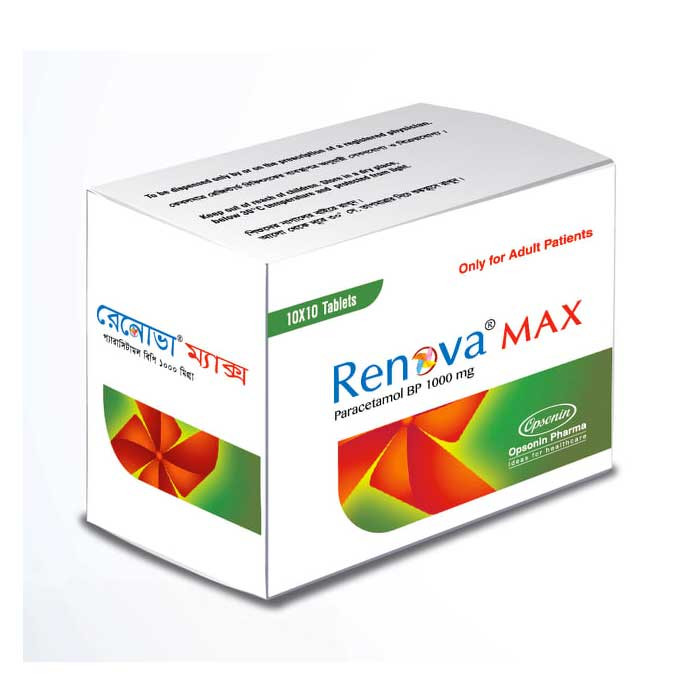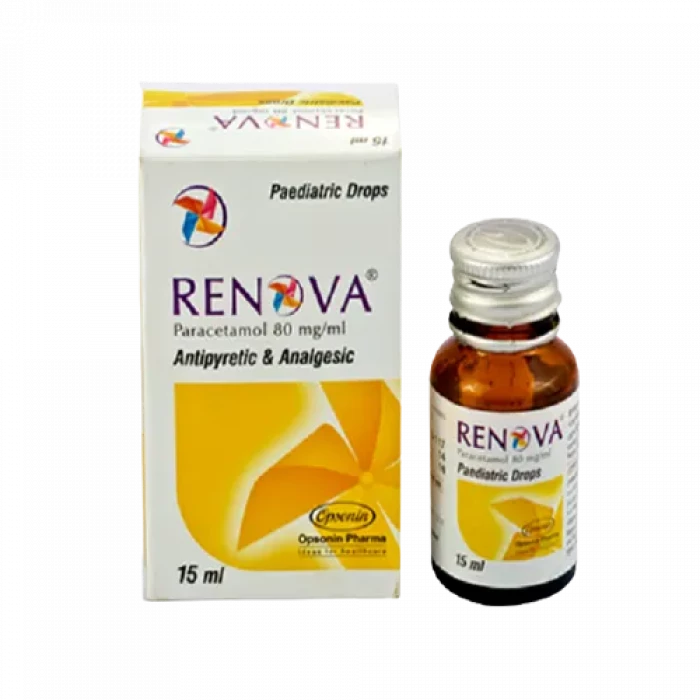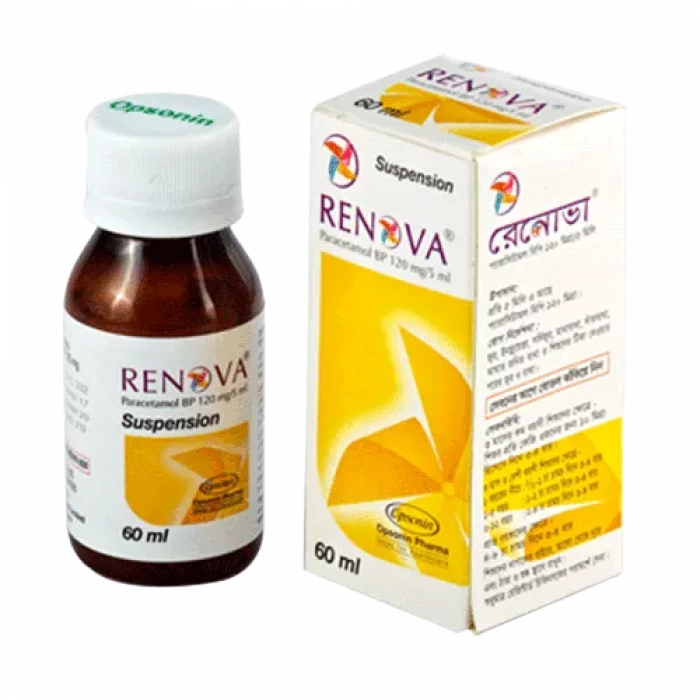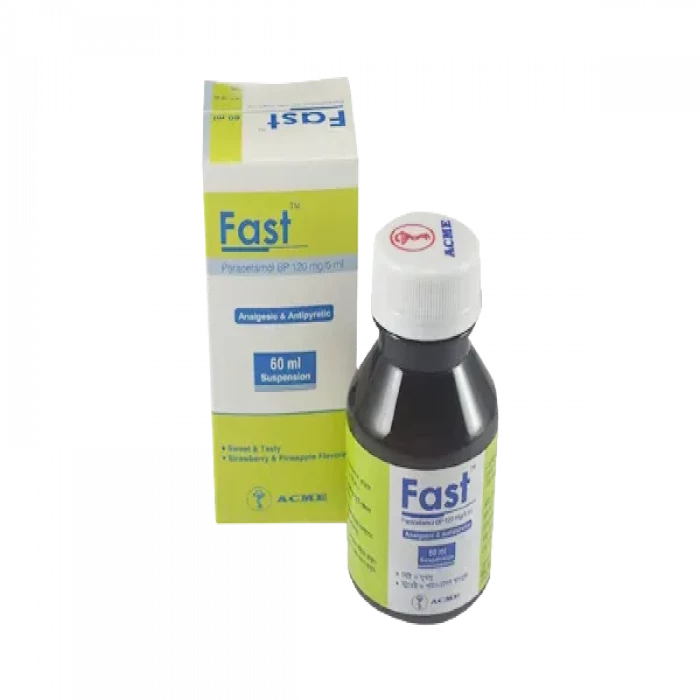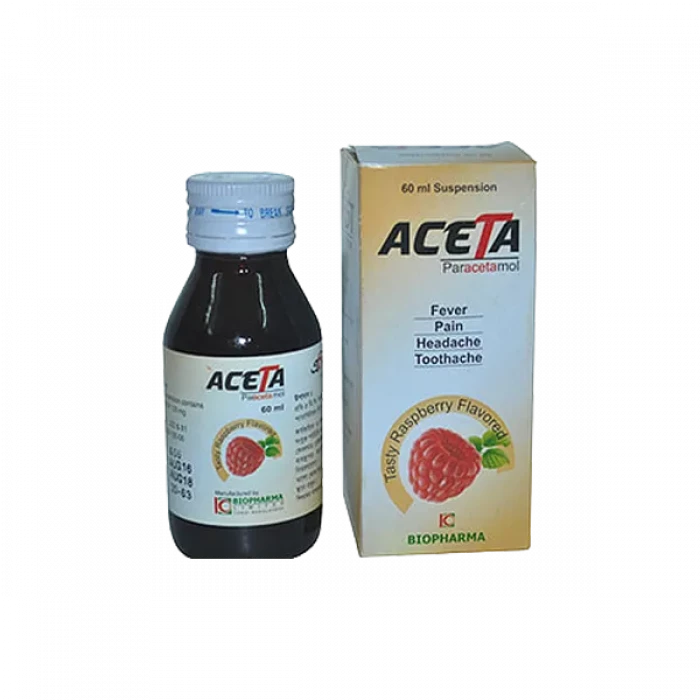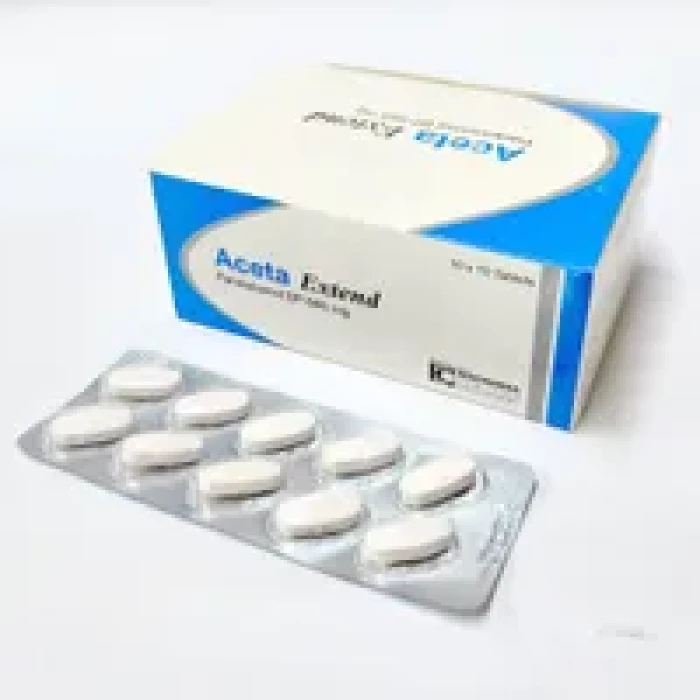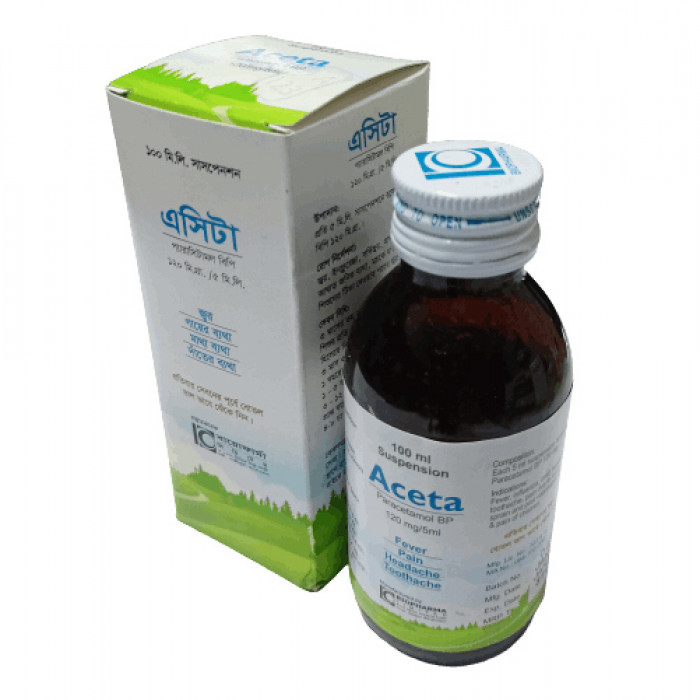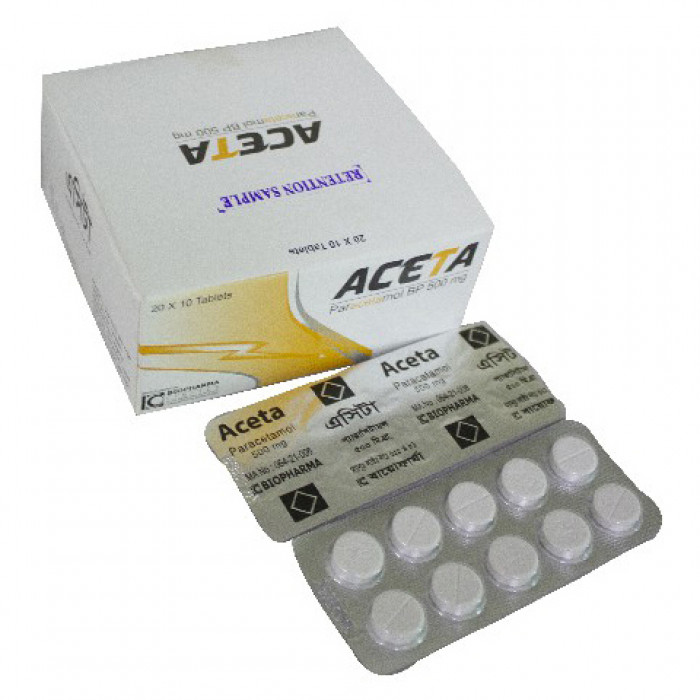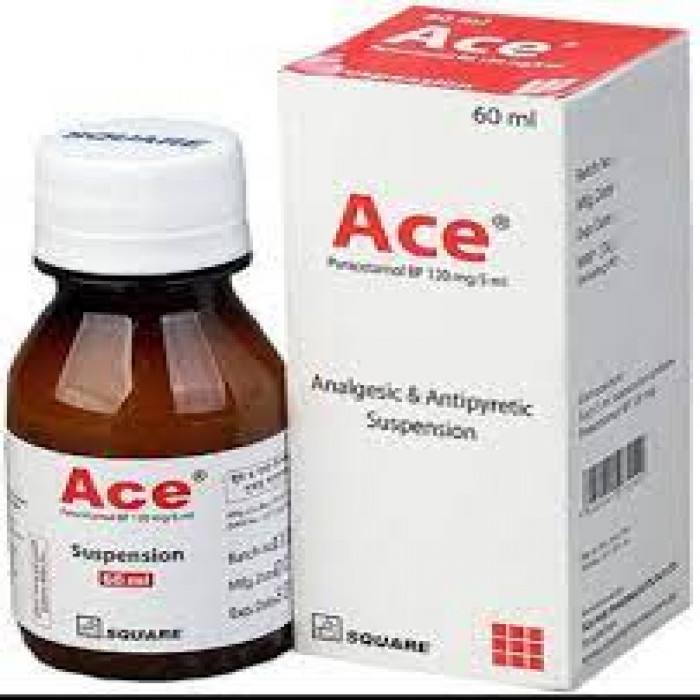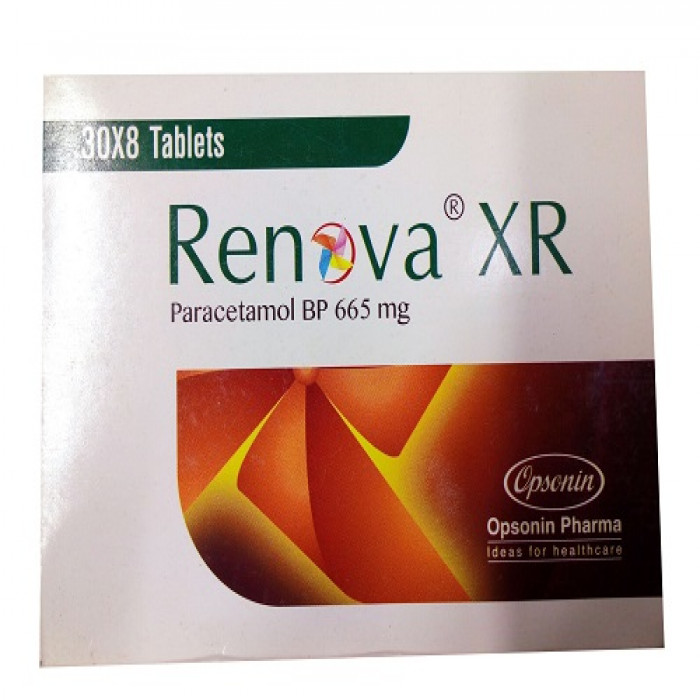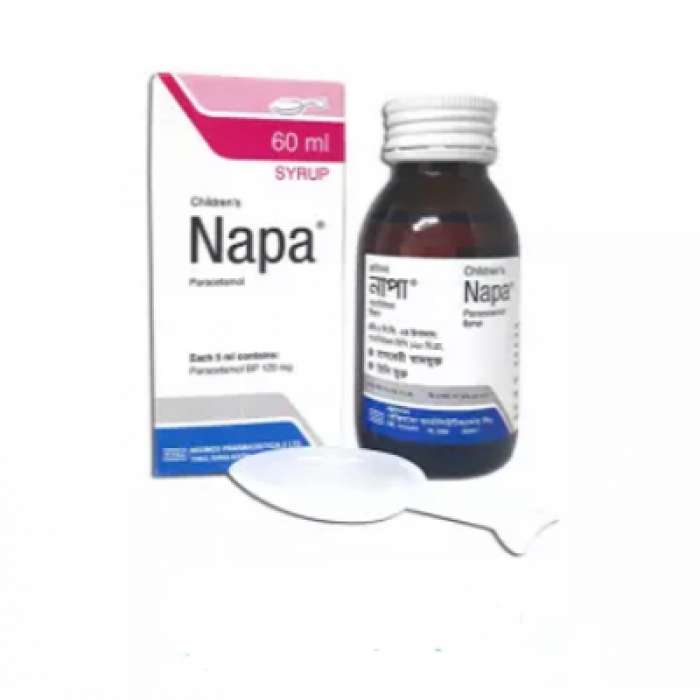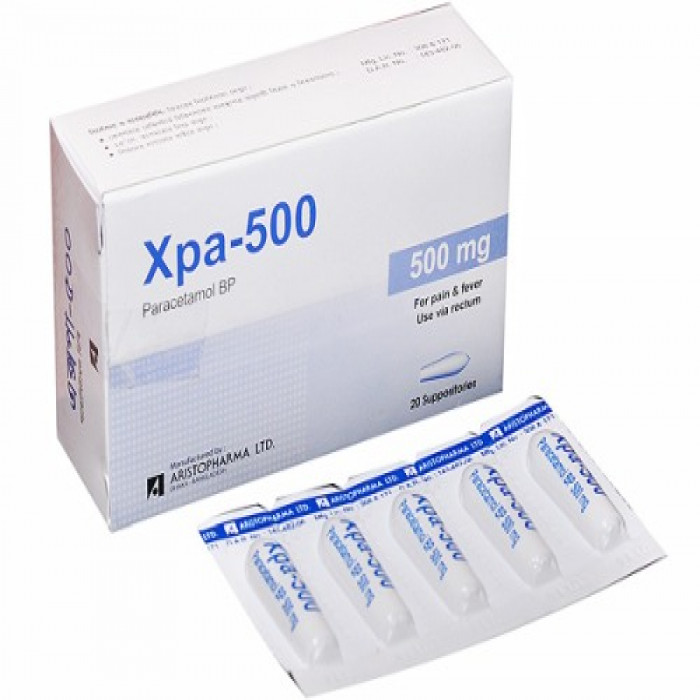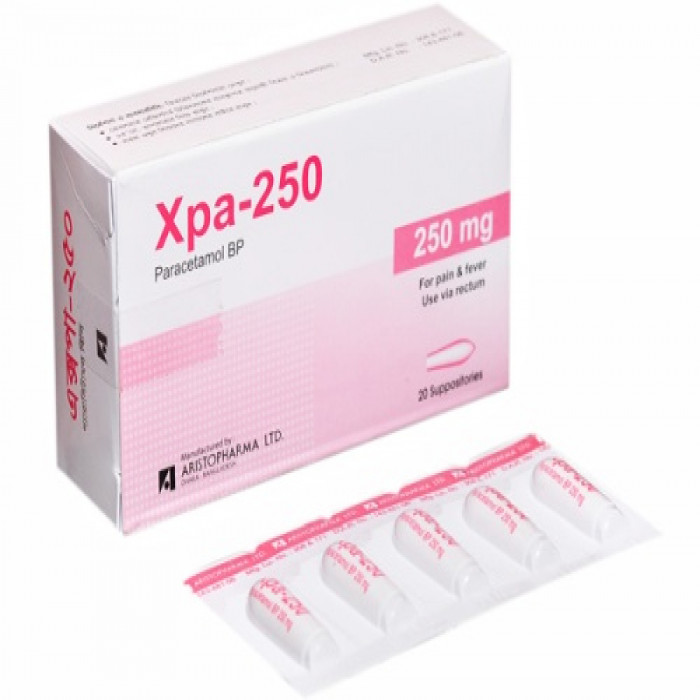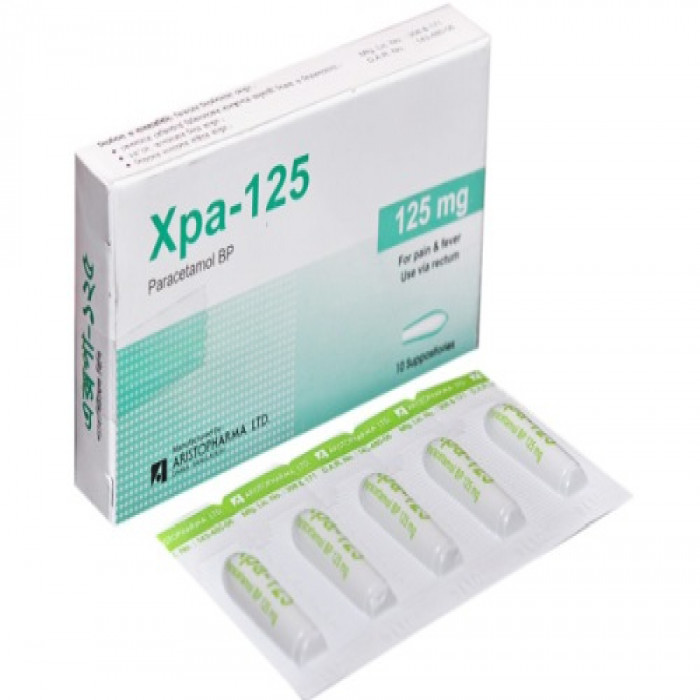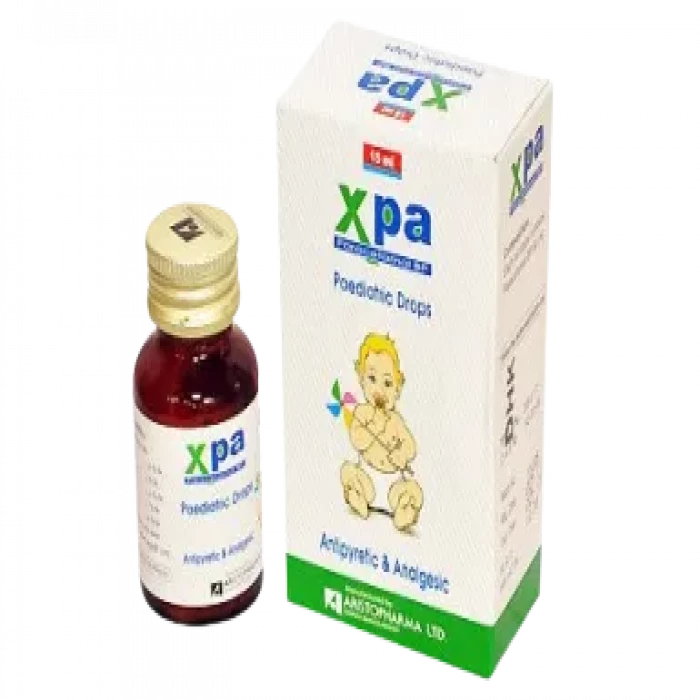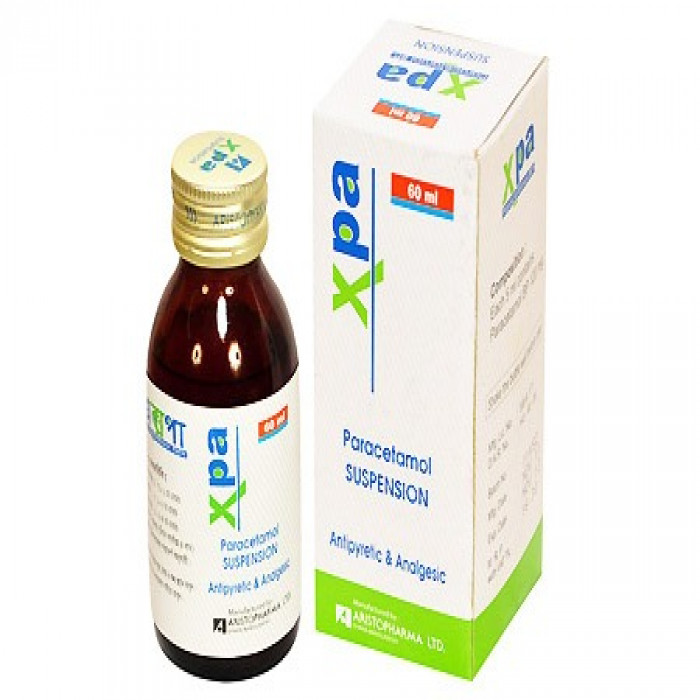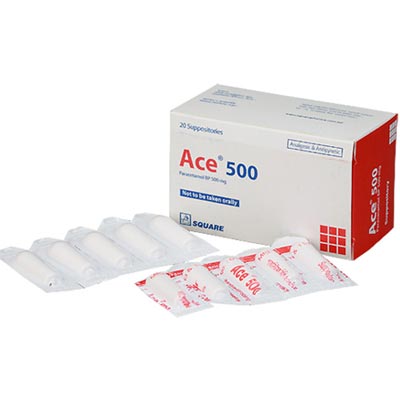Due to National Election, orders may be processed slight delay, nationwide.
Leading Online Pharmacy of Bangladesh
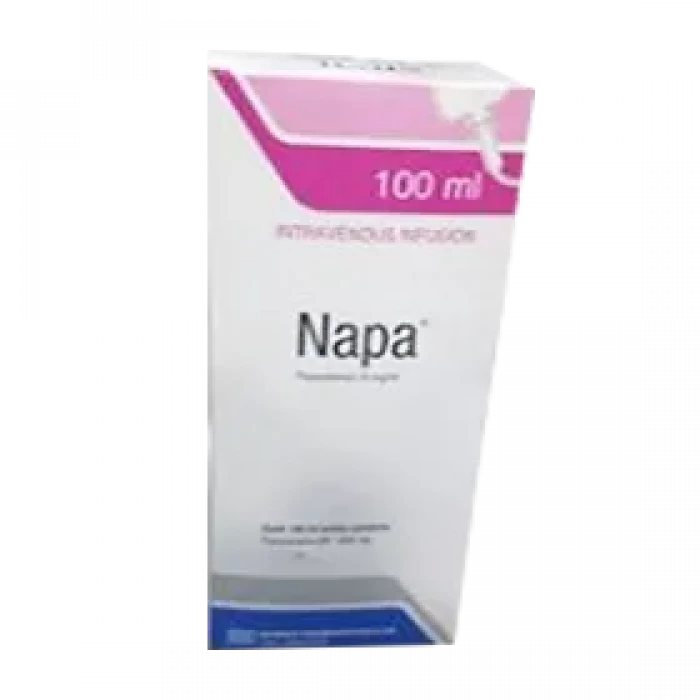
✔ 100% Authentic Product
👁️ Currently Viewing 5362
Napa Syrup 100ml
As a pain reliever, Napa Syrup is utilized. It is mostly used to alleviate severe pain. Acute pain disorders include backache, headache, arthritis, and toothache, among others.
The active component is classified as an analgesic and belongs to the NSAID class. This medicine also alleviates fever-related discomfort in the body.
Discount
Price: ৳ 48
MRP:
৳
50
5%
Off
✅ Description:
Paracetamol is indicated in:
- Fever, common cold, and influenza.
- Headache, toothache, earache, body ache, myalgia, dysmenorrhoea, neuralgia, and sprains.
- The pain of colic, back pain, post-operative pain, postpartum pain, chronic pain of cancer, inflammatory pain, post-vaccination pain, and fever of children.
- Rheumatism and osteoarthritic pain & stiffness of joints in fingers, hips, knees, wrists, elbows, feet, ankles, and top & bottom of the spine.
Safety Advices

Alcohol
UNSAFE
Alcohol use is not advised during therapy with Napa Syrup since it may cause liver damage. Consult your doctor right away if you have any signs and symptoms of liver damage, such as fever, rash, nausea, vomiting, lethargy, dark urine, jaundice, and so on.

Pregnancy
CONSULT YOUR DOCTOR
During pregnancy, take Napa Syrup for the shortest period feasible and at the lowest effective dose. However, it is recommended that you use this medication only after consulting with your doctor.

Breastfeeding
CONSULT YOUR DOCTOR
The use of Napa Syrup during nursing is deemed safe. It is found in extremely minute concentrations in breast milk and is not known to damage your infant. However, it is recommended that you use this medication only after consulting with your doctor.

Driving
CAUTION
Napa Syrup does not influence the capacity of driving or operating any machines. Consult your doctor for advice.

Kidney
CAUTION
In individuals with severe renal disease, Napa Syrup should be taken with care. The dose of Napa Syrup may need to be adjusted. Please visit your physician. Napa Syrup, on the other hand, includes paracetamol, which is regarded as the safest pain reliever for children with renal illness.

Liver
CAUTION
In individuals with liver problems, use Napa Syrup with care. The dose of Napa Syrup may need to be adjusted. Please visit your physician.
However, in children with severe liver illness or active liver disease, the use of Napa Syrup is not advised.
✔️ Uses of Napa Syrup
- Fever
- Mild to moderate pain
- Post Vaccination Fever
✔️ How does Napa Syrup work?
Napa Syrup is a pain relief medication that is administered both orally and intravenously. It selectively inhibits enzyme function in the brain which allows it to treat pain and fever. It activates certain receptors in the brain that inhibit pain signals.
✔️ Side Effects of Napa Syrup
- Fever
- Mild to moderate pain
- Osteoarthritis
- Rheumatoid arthritis
- Chronic low back pain
- Renal stone pain, neuropathic pain
- Toothache
- Migraine
- Nausea and Vomiting
- Stomach pain
- Diarrhea
- Indigestion
- Skin Rash
- Postoperative mild to moderate pain.
- Pancreatitis
- Other allergic reactions occur occasionally.
✔️ Quick Suggestions:
- Give Napa Syrup to your child with food or milk to prevent an upset stomach.
- Your child should not take more than four doses of this medicine in 24 hours, so wait up to 6 hours between doses.
- Never give any other medicine formulation containing paracetamol along with this medicine as that may lead to serious side effects.
- Inform the doctor if your child has liver disease as the dose may need to be adjusted.
- Take it as per the dose and duration prescribed by your doctor. Long-term use may lead to serious complications such as stomach bleeding and kidney problems.
- Do not take indigestion remedies (antacids) within two hours of taking Napa.
- Avoid consuming alcohol while taking this medicine as it can increase your risk of stomach problems.
- Inform your doctor if you have liver disease as your dose may need to be adjusted.
- Your doctor may regularly monitor your kidney function, liver function, and levels of blood components if you are taking this medicine for long-term treatment.
✔️ Indication
All conditions that call for relief from pain and fever, including post-vaccination discomfort and fever in children, neuritis, neuralgia, headache, earache, toothache, pain from a rheumatic ailment, cold, influenza, dysmenorrhea, etc. Napa suppositories are used to quickly treat the symptoms of fever and pain. It is used as a rectal suppository for pyrexia and mild to moderate discomfort.
✔️ Pharmacology
Although paracetamol has weak anti-inflammatory activity, it has analgesic and antipyretic qualities. It is thought that paracetamol (acetaminophen), which increases pain threshold by blocking the two isomers of cyclooxygenase COX1, COX2, and COX3, which are involved in prostaglandin (PG) formation, acts largely on the central nervous system. A p-aminophenol derivative with analgesic, antipyretic, and sporadic anti-inflammatory properties, paracetamol. One of the most popular, secure, and quickly-acting painkillers is paracetamol. It is well tolerated and lacks aspirin's numerous adverse effects.
✔️ Dosage & Administration of Napa Syrup
The recommended dosage of the medicine varies based on the age and weight of the patient.
- For children under 3 months, the recommended dose is 10 mg/kg body weight (which should be reduced to 5 mg/kg if the child is jaundiced) to be given 3 to 4 times a day.
- For children between 3 months to below 1 year, ½ to 1 teaspoonful of the medicine should be given 3 to 4 times a day.
- Children between 1-5 years of age should be given 1-2 teaspoonfuls of the medicine 3 to 4 times a day.
- Children between 6-12 years should be given 2-A teaspoonfuls of the medicine 3 to 4 times a day.
Adults should take 4-8 teaspoonfuls of the medicine 3 to 4 times a day. It is important to follow the recommended dosage and frequency of the medicine as instructed by the doctor or as per the label instructions.
Always administer Napa Syrup to your kid as directed by a doctor. It is intended for pediatric usage. Before using, give the bottle a good shake. Your doctor will choose the appropriate dose and duration for your kid based on his or her age, body weight, and medical condition.
✔️ Interaction
Barbiturates, tricyclic antidepressants, and alcohol use can affect the ability of a patient to properly metabolize high doses of paracetamol, potentially leading to an overdose. Additionally, consuming alcohol while experiencing an acetaminophen overdose may worsen liver damage. Long-term use of oral or steroidal contraceptives can increase liver enzyme activity, leading to increased metabolism or clearance of paracetamol and potentially reducing its effectiveness. Therefore, caution should be exercised when taking paracetamol in combination with these substances, and regular monitoring of liver function and paracetamol levels may be necessary.
✔️ Contraindications
Paracetamol is contraindicated in patients with severe renal function impairment and hepatic disease (Viral Hepatitis).
✔️ Pregnancy & Lactation
Pregnancy category B according to USFDA. This drug should be used during pregnancy only if clearly needed
✔️ Precautions & Warnings
- Patients with chronic alcoholism, known G6PD deficiency, severe hypovolemia, chronic malnutrition, renal impairment, hepatic impairment, pregnancy, and lactation should be closely monitored when taking paracetamol.
- It is particularly important to monitor serum paracetamol levels in cases of acute overdosage or long-term use. This is important as paracetamol toxicity can cause liver damage, and monitoring serum levels can help detect and prevent potential liver damage. Regular liver function tests may also be necessary to monitor the patient's liver health.
- In patients with G6PD deficiency, caution should be exercised as paracetamol can cause hemolysis (breakdown of red blood cells). In such cases, monitoring of the patient's blood cell count may be necessary.
- Patients with renal impairment should be monitored for signs of worsening kidney function, as paracetamol is primarily excreted by the kidneys. Similarly, patients with hepatic impairment should be monitored for potential liver damage caused by paracetamol.
- Pregnant and lactating women should also be closely monitored when taking paracetamol, as there may be a risk of fetal harm or adverse effects on the nursing infant. Consultation with a healthcare provider is recommended in these cases.
✔️ Storage Conditions
Store in a dry place away from light and heat. Keep out of reach of children.
⚠️Disclaimer:
At ePharma, we’re committed to providing accurate and accessible health information. However, all content is intended for informational purposes only and should not replace medical advice from a qualified physician. Please consult your healthcare provider for personalized guidance. We aim to support, not substitute, the doctor-patient relationship.




